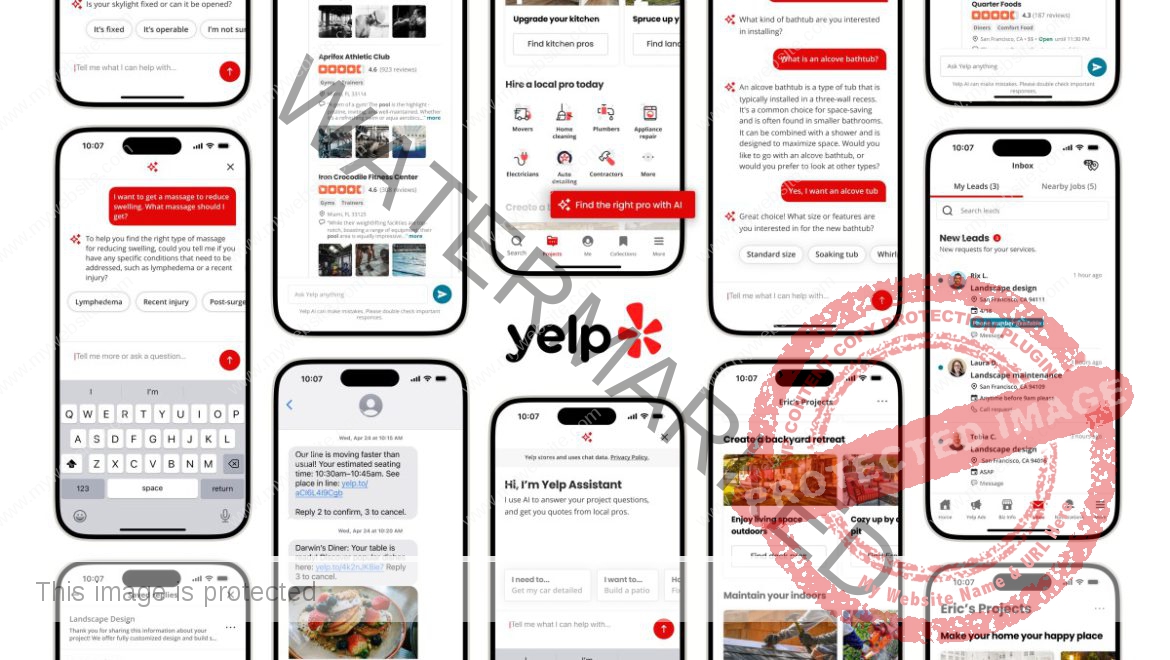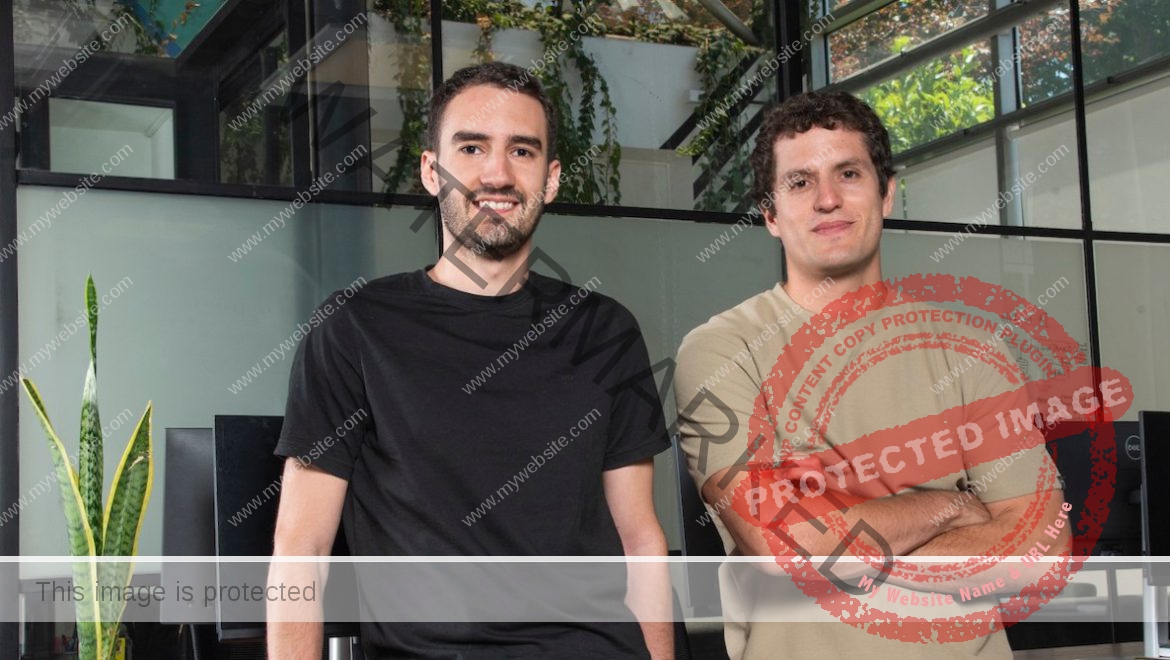Open banking may be a global trend, but implementation is fragmented. The fintech startups doing the legwork to make it a reality in smaller markets could become M&A targets for incumbents like Visa.
One of these is Y Combinator alum Fintoc, a B2B fintech startup that has raised a $7 million Series A round of funding to consolidate its presence in its home country, Chile, and in Mexico, where it expanded one year ago.
Fintoc’s product is an API that lets online businesses accept instant payments coming directly from the customer’s bank account. Known as accounts to accounts, or A2A, this method offers an alternative to credit card transactions, with fewer intermediaries.
For end users, A2A can be as frictionless as an online credit card payment. Instead of entering card details, they can just pick their bank and securely facilitate their bank credentials. But the main selling point is to businesses, which pay a lower commission than the usual credit card transaction fees.
Many countries now facilitate A2A, which has created tailwinds for open banking companies such as Plaid, Visa-owned Tink, TrueLayer and Volt. More generalist fintech players like Adyen and Stripe have also closed partnerships to offer A2A payments to their customers.
Latin America, however, isn’t particularly easy to enter for global players, nor very attractive. It is highly fragmented, and many countries still lag behind in financial inclusion: Fewer than half of Mexican adults have a bank account, according to World Development Indicators.
Mexico’s low banking penetration is a problem, but also an opportunity for Fintoc, CEO Cristóbal Griffero told TechCrunch. He expects neobanks to address the issue, but it will take time. “If we are there right before this boom, we’ll be able to grow with the market.”
Fintoc’s home market was less challenging in some ways. This helped it get quite significant traction: “In 2023, 1,807,000 people paid products, services and bills using Fintoc. This is approximately 13% of Chile’s population,” content manager Pedro Casale wrote in an email. Fintoc says it is used by more than 1.2 million people monthly in Chile.
These numbers are even more impressive considering that Fintoc faces competition from other players such as ETpay and Khipu. But its large clients mean that it is tied to frequent use cases such as topping up public transportation cards, making e-commerce purchases, covering bills and paying credit installments.
Chile’s population size, however, puts a ceiling on Fintoc’s potential growth, Griffero said. “You have the limit that we are 20 million inhabitants, so after a certain amount of revenue, it is very difficult to reach $100 million in ARR. It gets very complicated and you have to go out.”
The necessity to expand applies to any Chilean fintech. But Fintoc’s roadmap also reflects that the market has considerably changed compared to 2021.
Toned-down expansion
When Griffero and co-founder Lukas Zorich joined Y Combinator’s winter 2021 batch, their pitch was pretty straightforward: They were building “Plaid for LatAm.” That’s no longer the case; Plaid’s model was too advanced for the region, and the idea to launch all across the region was too ambitious.
VCs, too, have come to the same conclusion, as Fintoc learned during its fundraising process, Griffero said.
“I believe that the funds are still here, only that their thesis has changed a little. Now you have to explain very well why [you’d go into] each country. Saying “I am X for LatAm” is no longer something appealing to investors, especially those in San Francisco, because Latin America is super fragmented and suddenly it doesn’t make sense to be in every country. So maybe it’s Mexico, Chile and one other country, not Brazil or not Colombia; not “we are going to do all of Latin America because we are close.”
This more measured approach doesn’t warrant mega-rounds. “In 2021 this round would probably have been five times larger,” Griffero said. But maybe that’s for the best; TechCrunch followed more than one unicorn having to scale back on its pan-LatAm expansion and lay off staffers as a result.
Fintoc expects a lot from its Mexican expansion. “Mexico is the market we will most care about in the next two years and we expect it will represent the bulk of Fintoc’s revenue within the next two years,” Griffol said. But the startup is taking it step by step: Out of its team of 48 employees, only five are based in Mexico. Zorich moved there last year, but Griffol might not do so until next year.
With more onerous plans, Fintoc’s Series A round may not have happened at all. In the first quarter of the year, fintech funding slowed to its lowest level since 2017, CB Insights reported. In Latin America, it’s when compared to Q2 2021 that the drop is most blatant: Fintech startups from the region collectively raised $6 billion across 94 deals then, compared to only $0.4 billion last quarter.
Funding LatAm fintech is less en vogue than three years ago. But for VCs willing to wait, the rise of open banking across the region could eventually result in interesting M&As. Not just in Brazil, where Visa shelled out $1 billion for Pismo, a payments infrastructure that will give it access to Pix, the country’s ubiquitous instant payment system. In Mexico, too: In 2021, Mastercard acquired fintech startup Arcus, whose co-founder Iñigo Rumayor participated in Fintoc’s Series A round.
Fintoc’s main investors also have connections to its target market. Brazilian fund Monashees, which previously participated in Fintoc’s seed round and has now made a follow-on investment, has an office there. And its Series A lead, Propel, is based in the U.S., but was able to facilitate introductions to Mexican banks, an important step for the startup’s expansion.
“The closer we get to the payment rails, the better payment experience we can offer,” Griffero said in a statement.
On the client side, Fintoc is targeting Mexican businesses that accept offline payment methods such as cash payments and post-pay methods, where customers must visit a physical location to complete their transaction. This makes A2A a pretty clear upgrade; but eventually, Griffero hopes it will also replace debit cards, and later on, offer a solid alternative to credit cards.
Mastercard and Visa will clearly face more competition as instant payments become commonplace with systems such as Pix in Brazil, but also UPI and India and FedNow in the U.S. A recent Bain & Company report estimates that 90% of today’s payments revenue could “migrate to software vendors, major technology firms, and other contenders.” This explains some of their past acquisitions, and we wouldn’t be surprised if others followed.
















